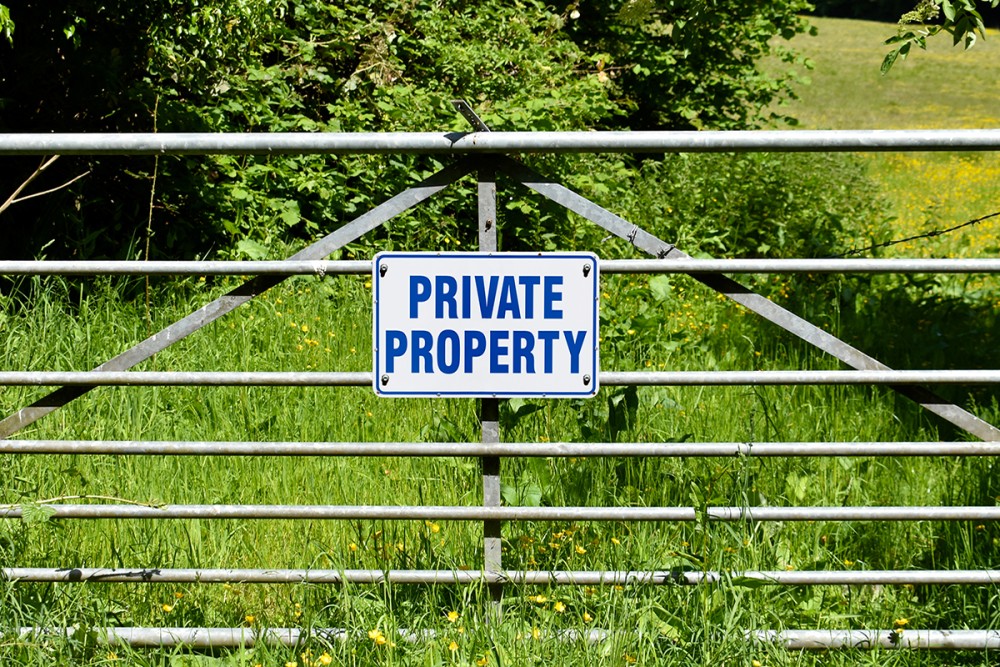Why do we prize ownership?
Our possessive instinct goes all the way back to the Garden of Eden.

I remember a pastor once telling me of his congregation receiving permission to park in the bank parking lot next to the church. It was a standing agreement for all but one Sunday a year. On that random Sunday, a rope blocked the two entrances to the bank lot. When I asked the reason for 51 Sundays of permission instead of 52, the pastor told me that a bank officer said to him, “It’s only so the church remembers that the lot belongs to the bank and not to the congregation.”
I’ve thought of that parking lot arrangement many times over the years as I’ve seen how people develop a physical connection to things we occupy or possess. Some of our deepest values get encoded in our intimate attachment to material things. Large pieces of our identity end up being shaped by a possessive instinct. We prize ownership.
In the fascinating new book Mine! How the Hidden Rules of Ownership Control Our Lives, law professors Michael Heller and James Salzman explore ways in which complicated rules of ownership shape our world. They demonstrate clearly that a possession instinct extends far beyond conventional categories like “my car” or “my land” or “my money.” In fact, numerous ownership battles regularly intrude on everyday life.





